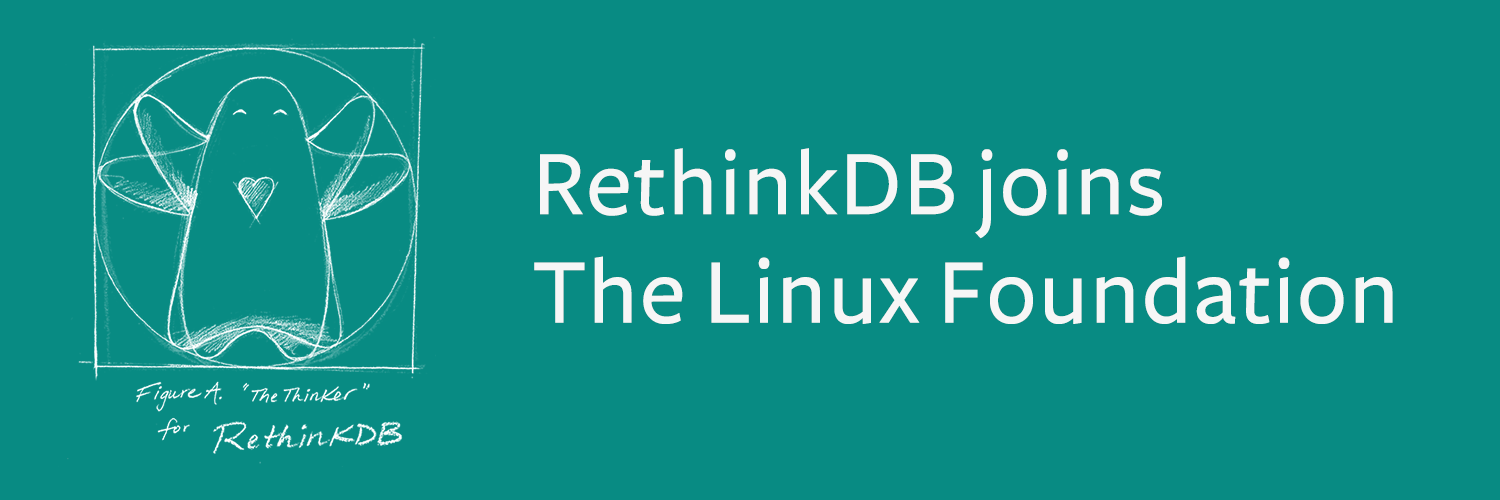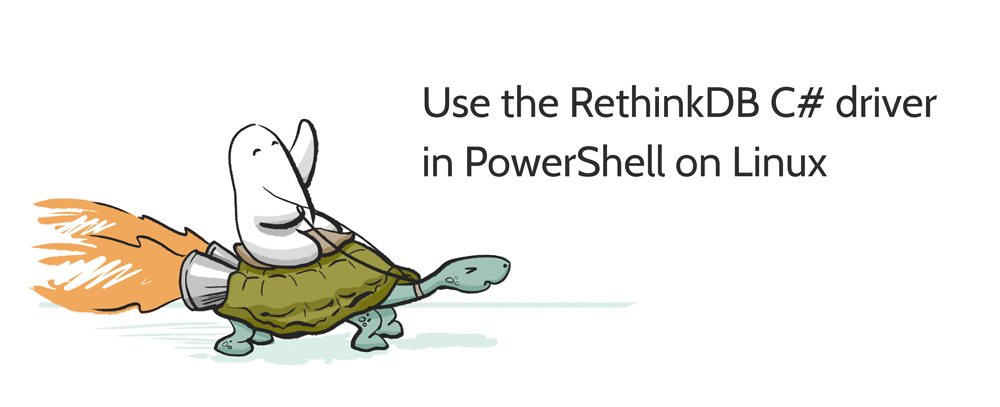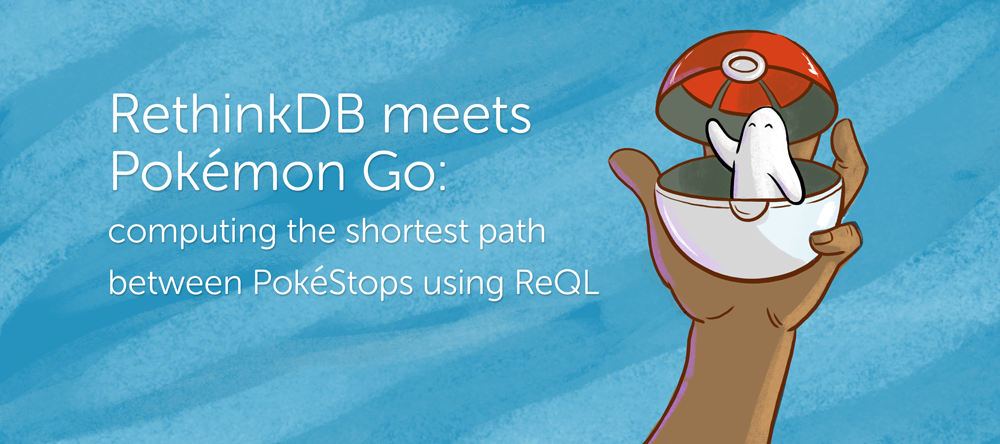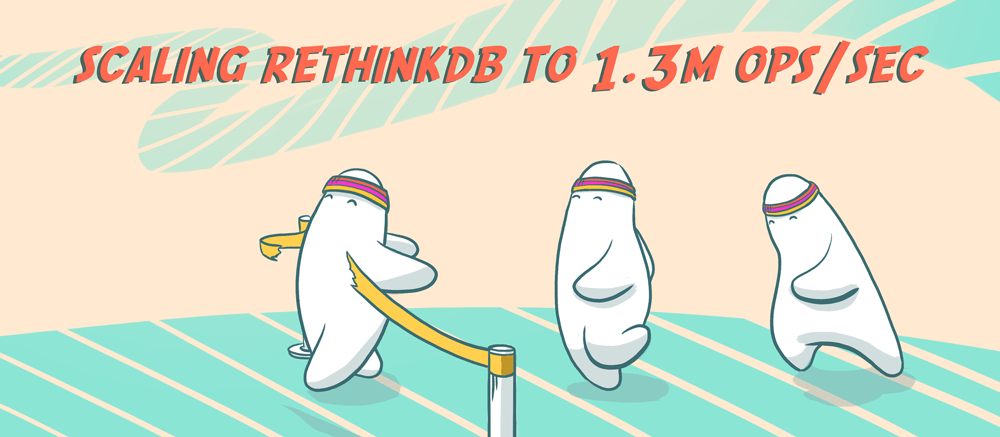RethinkDB joins The Linux Foundation

When the company behind RethinkDB shut down last year, a group of former employees and members of the community formed an interim leadership team and began devising a plan to perpetuate the RethinkDB open-source software project by transitioning it to a community-driven endeavor. Today’s announcement by the Cloud Native Computing Foundation (CNCF) marks the culmination of that effort. The CNCF purchased the rights to the RethinkDB source code and contributed it to The Linux Foundation under the permissive ASLv2 license.
RethinkDB is alive and well: active development can continue without disruption. Users can continue to run RethinkDB in production with the expectation that it will receive updates. The website, GitHub organization, and social media accounts will also continue operating. The interim leadership team will work with the community to establish formal governance for the project. Under the aegis of The Linux Foundation, the project has strong institutional support and the capacity to accept donations.
Over the past several months, members of the community have expressed interest in making donations to fund ongoing RethinkDB development. We’re now equipped to accept those donations and put the money we raise to good use. Stripe has generously agreed to match up to $25,000 in donations. You can donate here to support RethinkDB’s future as an open-source project.
 Michael Glukhovsky
Michael Glukhovsky
 Slava Akhmechet
Slava Akhmechet
 Ryan Paul
Ryan Paul


 Daniel Alan Miller
Daniel Alan Miller
